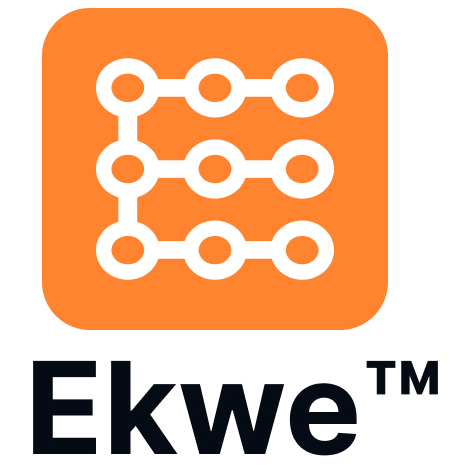Ekwe x Maia Dave Scholarship recipient creates program to support Women in Music Production.
Jeffery Sugerman
3 minute read
During her studies at KM Music Conservatory in Chennai India, Aaina Padiath noticed how few women were taking music production classes: “It is not very common for female musicians to participate in the production of their own music. They tend to defer to male colleagues who are viewed as more experienced in studio production. As a result they lose control of the full music creation process.” As part of her Ekwe x Maia Dave Scholarship for Creative Women in Music Technology, Aaina set a goal of helping demystify music production by creating a 4 part seminar called, Women in Music Production (WIP).
Fundamental to the program is to create a safe space for participants to share what they know about production, but more importantly, feel comfortable being open about what they don’t know. Each session has specific learning outcomes and an assignment. The assignments become increasingly collaborative as the workshop progresses.
Session 1:
Aaina uses the Ekwe app in her workshop to simplify the complexities of music production. Each participant downloads Ekwe onto their mobile device and Aaina does a full run through of the app's capabilities. Learners immediately notice the diversity of world instruments in the app. Aaina highlights the app's user-friendly features like loops and samples, which can help users understand how to use instruments more effectively. She ends Session 1 with a discussion of choice of sound and instrumentation. Participants learn the importance of the frequency spectrum and how instruments can be grouped based on their frequency ranges. By looking at different groups of instruments students begin to understand how to fill up the frequency spectrum and how to get a complete sound on a track
Session 2:
During the second workshop session participants share their introductory projects – including their thought process behind the ideas and arrangements they have created. Aaina introduces concepts such as EQ and principles of audio synthesis using both Roland 808 and mini-Moog samples from the Ekwe library. Aaina then groups participants according to specific interest in production technique or genre. The Session 2 assignment requires these groups to collaborate on a composition and arrangement.
Session 3
During the third workshop Aaina focuses on the jargon of the studio and how to feel less intimidated by technical talk. Fundamental concepts of reverb and delay are demonstrated along with more advanced topics such as filters and envelope. “Ekwe is a medium to simplify concepts of music production and audio engineering, and far less intimidating than more advanced DAWs.”
Session 4
During the fourth workshop participants focus on refining their collaborative projects. Aaina also spends time talking about the need for cultural sensitivity when using samples, encouraging users to be aware of the history and context of the instrument sounds they are using. “Whenever we are looking at an instrument we are looking at the history and context of how these instruments are used.”
By the end of the program Aaina believes that female musicians feel much more confident working with producers and recording engineers, as well as having a better understanding of what goes on in the studio. “I saw a lot of hesitation at the beginning, but as the workshop project went on, I did see consistent improvement among all participants.”
Learn more about Aaina Padiath here. Coverage of the Ekwe x Maia Dave Scholarship is here.
